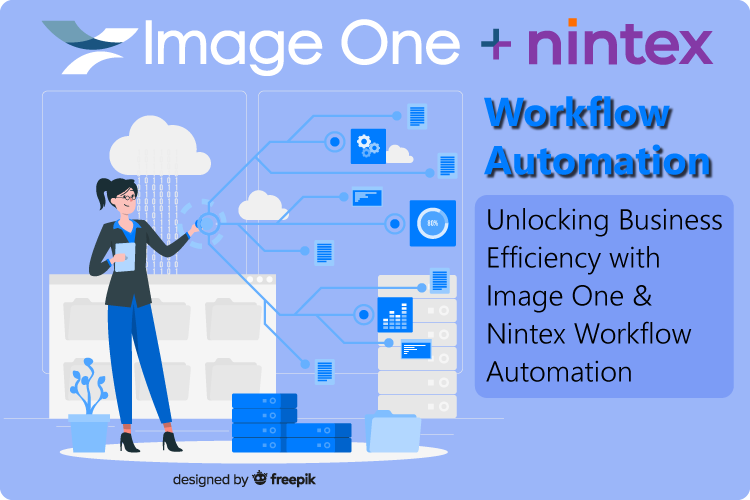Busting document management software myths
Monday, November 4, 2013Within the corporate world, myriad myths abound related to leveraging document management software to implement business process automation and instate paperless workflow methods. As Sue Hunt recently noted in a blog for Cambridge Business Media, business owners frequently eschew the idea of integrating document management systems (DMS) into their operations due to a variety of fears, some more founded than others. For instance, many corporate leaders fret about not having the sufficient resource bandwidth, time or funding, while others harbor concerns that pertain to the level of technical expertise required.
In every episode of the television program "MythBusters," the Discovery Channel show's experts delve into the validity of beliefs commonly regarded to be fact in order to determine whether they can be scientifically proven or are actually nothing more than baseless old wives' tales. At the end of each experiment, one of three verdicts is made – a myth can be deemed "busted," "plausible" or "confirmed." We're going to take this approach to some of the worries outlined above, with the goal of determining whether deploying a DMS will help your company win big or is simply a waste of time.
"Deploying content management services is time-consuming"
As with the rollout of any other new project or initiative, if your firm doesn't have a strategic plan in place, you run the risk of ending up with an unwieldy and inefficient deployment. However, now more than ever, DMS launches have the potential to be relatively streamlined and painless, provided you put in the necessary legwork at the outset to make sure you have all your ducks in a row.
"If you adopt a phased approach and introduce different elements of DMS (a logical folder structure on a shared drive is a good starting point) on a departmental basis, you will develop a system that is correctly structured and able to evolve as your business grows," noted Hunt.
Moreover, taking the time to locate the best scanning hardware, email archiving solutions and the like will also deliver dividends down the road.
Myth: Busted, but plausible. (Launching a DMS can be time-consuming, but by no means has to be.)
"Going paperless will legally compromise my company"
Many professionals have been hard-wired to believe that the most important documents must always be archived and retained in a paper format. Although this is still sometimes the case, it's a brave new world, and allowances for technological developments are growing ever more numerous. For instance, electronic signatures are now frequently accepted in lieu of their handwritten equivalents.
"There are instances where you may need to retain signed documents – medical documents, property deeds or legal documents, for example – but these can be stored securely in accordance with your industry standards or guidelines," noted Hunt.
Myth: Busted.
"Our current paper-based system is fine – there's no need to fix what isn't broken"
For many firms, the systems they've cultivated by using paper-based processes are the most effective they've ever known – but that doesn't mean they're actually good. Across the board, companies that deploy old-fashioned approaches reliant on filing cabinets and printouts must contend with a range of inefficiencies, from organizational challenges (ever spent hours rifling through folders to find an important document?) to the high costs of paper and ink.
Moreover, going paperless also introduces other benefits. For instance, companies eager to make themselves stand out to their target demographics might want to consider playing up the environmental benefits of embracing digitization in order to attract green-minded clientele.
Myth: Busted.
Brought to you by Image One Corporation, providing complete information governance since 1994.




